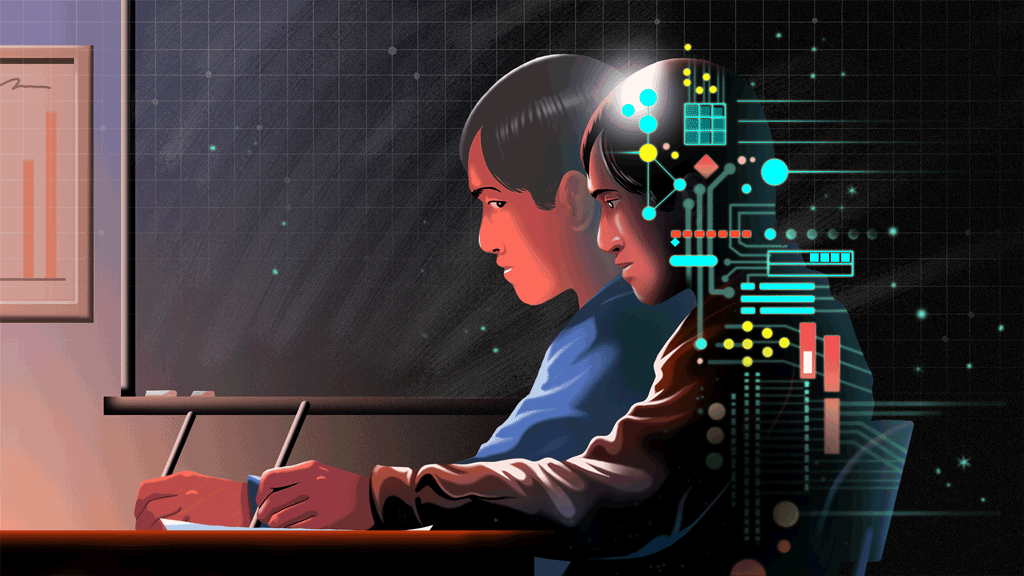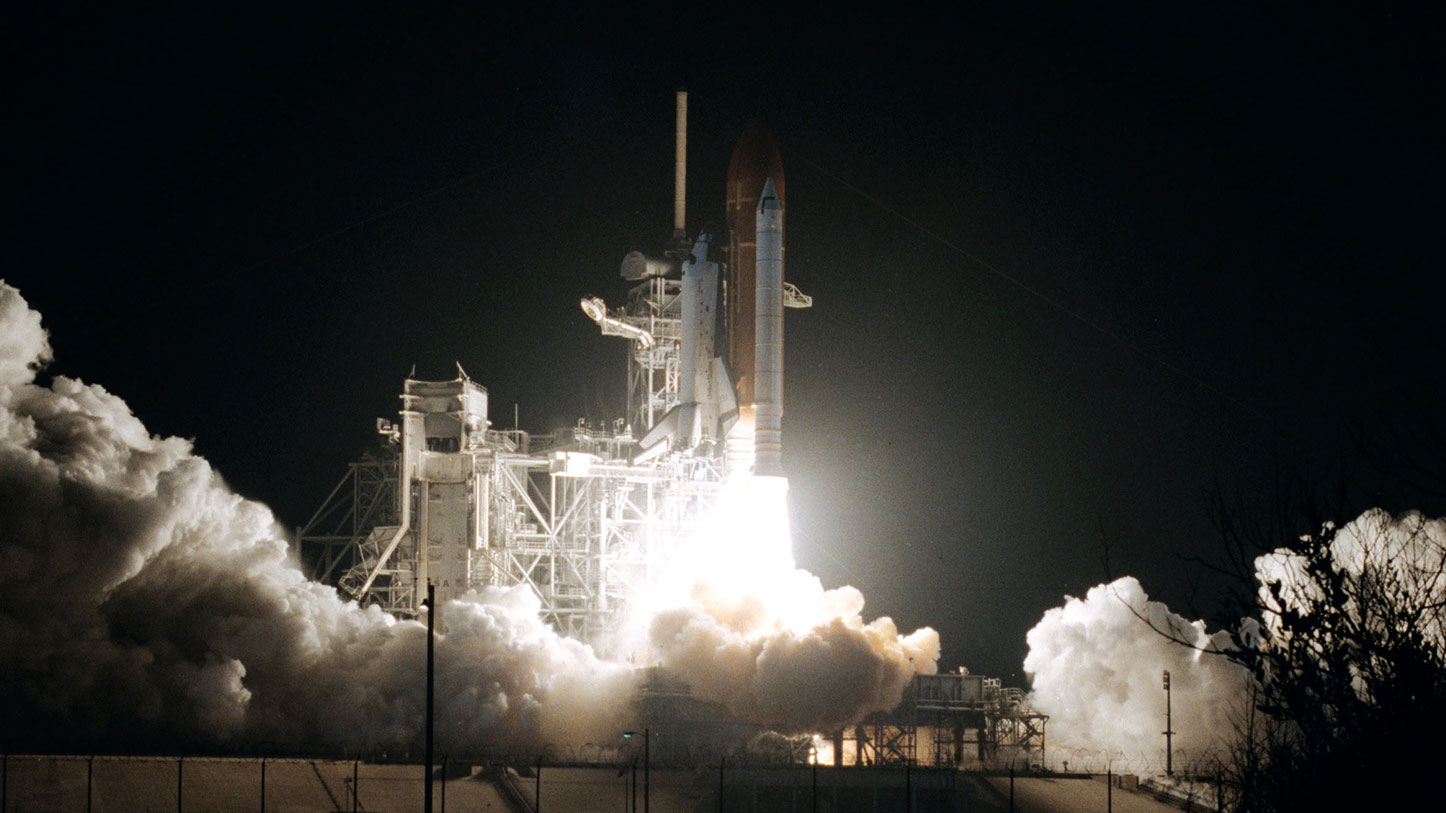Send us a link
Nudge Theory's Popularity May Block Insights into Improving Society
Small interventions that influence people's behavior can be tested. But the real world requires big, hard-to-measure changes too, scientists say.
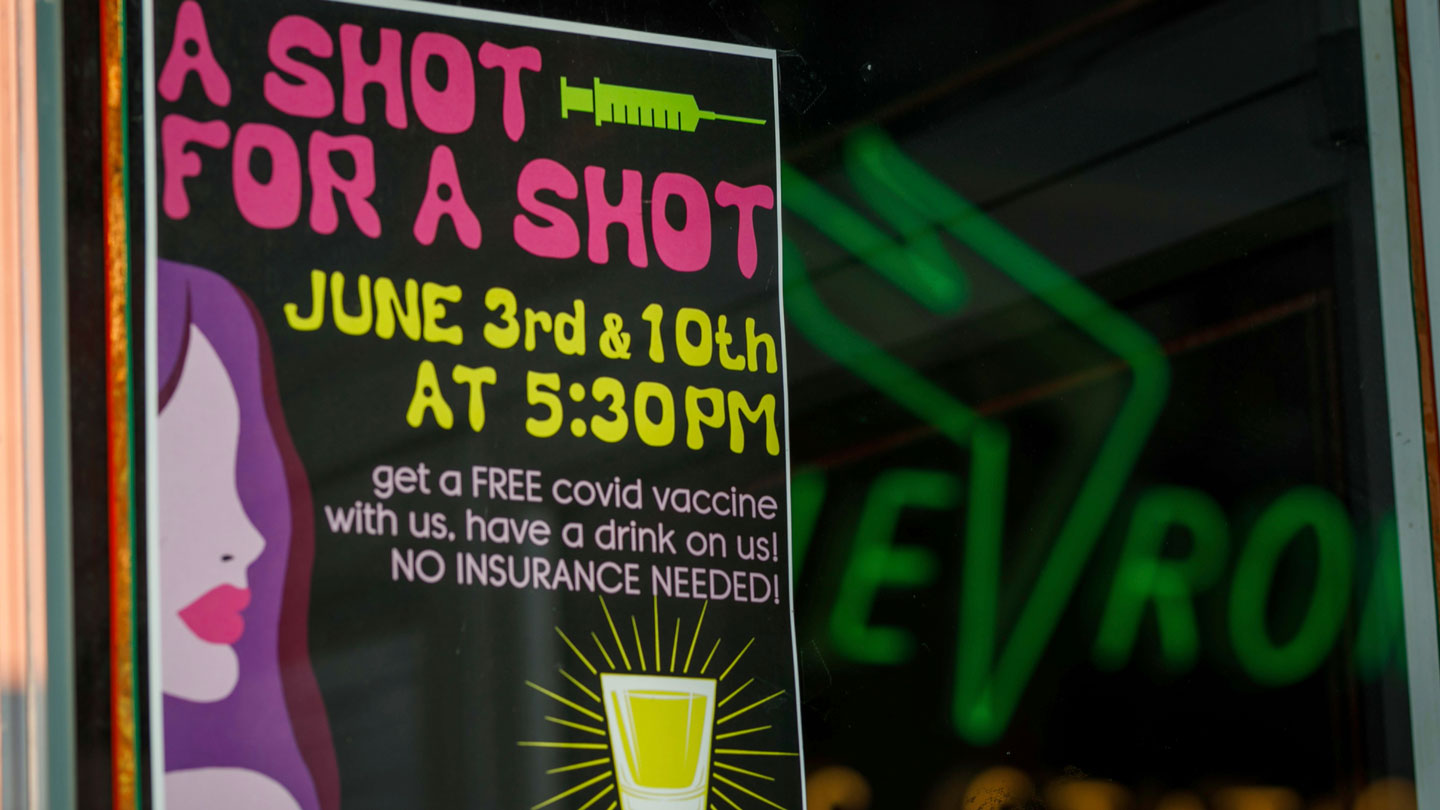
How Some of 2021's Major Science Stories Evolved over Time
Tulsa massacre analysis and a genetically modified mosquito release are two important updates to 2021 stories.

Why Do Some People Succeed when Others Fail? Outliers Provide Clues
Adopting behaviors of people who buck trends could boost public health and sustainability. In any large dataset involving the choices people make, a handful of people will succeed when most others like them fail. Zooming in on those outliers and mapping out how they made their choices could give those failing in similar circumstances a leg up.
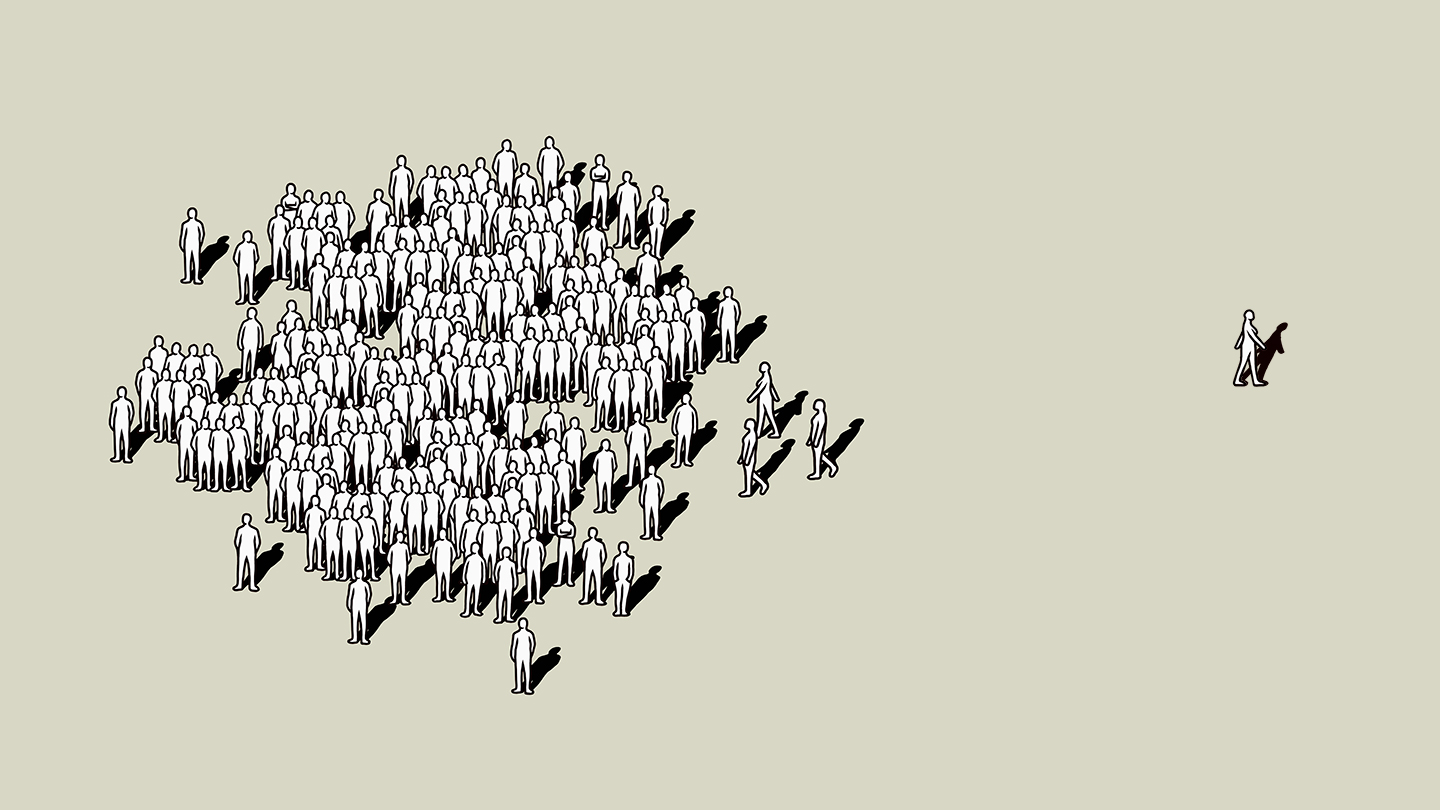
Cool, Funny and Bizarre Science Stories of 2021
These are some of the fun science stories from this year.

The Southern Ocean is Still Swallowing Large Amounts of Humans' Carbon Dioxide Emissions
The Southern Ocean is Still Swallowing Large Amounts of Humans' Carbon Dioxide Emissions
A 2018 study suggested the ocean surrounding Antarctica might be taking up less CO₂ than thought, but new data suggest it is still a carbon sink.
Ancient Footprints Suggest a Mysterious Hominid Lived Alongside Lucy's Species
A previously unknown hominid species may have left its marks in muddy ash about 3.66 million years ago in what is now East Africa.
'The Dawn of Everything' Rewrites 40,000 Years of Human History
A new book recasts human social evolution as multiple experiments with freedom and domination that started in the Stone Age.
Earth is Reflecting Less Light. It's Not Clear if That's a Trend
A decrease in Earth's reflectance shows our planet is absorbing more solar radiation, but it's not clear if the trend will last.
5 Cool Things to Know About NASA's Lucy Mission to the Trojan Asteroids
NASA's Lucy is the first spacecraft to head to the two giant clumps of space rocks that tag along in Jupiter's orbit.
Luis Miramontes Helped Enable the Sexual Revolution. Why Isn't He Better Known?
By synthesizing norethindrone, one of the first active ingredients in birth control pills, Luis Miramontes helped usher in the sexual revolution.
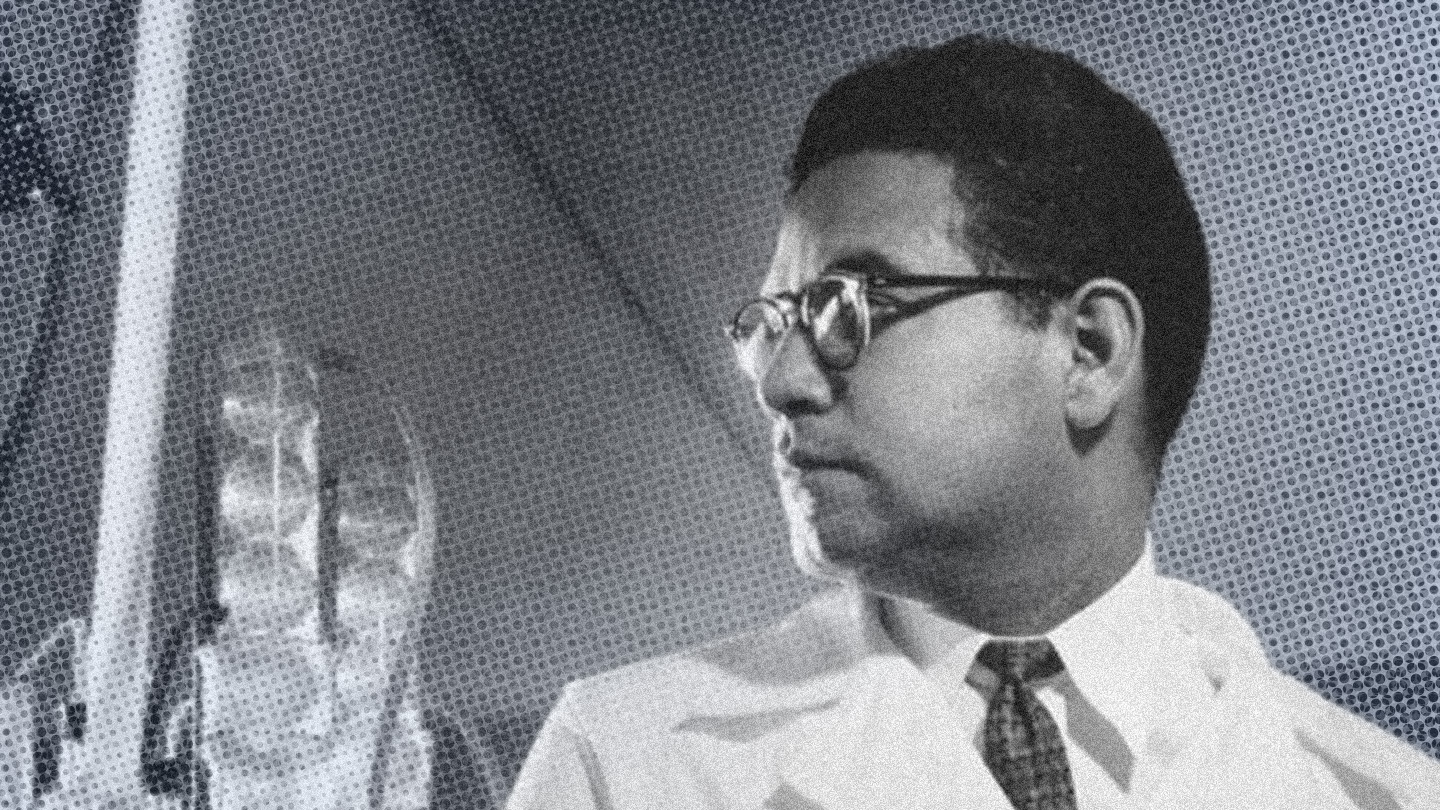
The Top 10 Scientific Surprises of Science News' First 100 Years
In the 100 years since Science News started reporting on it, science has offered up plenty of unexpected discoveries.
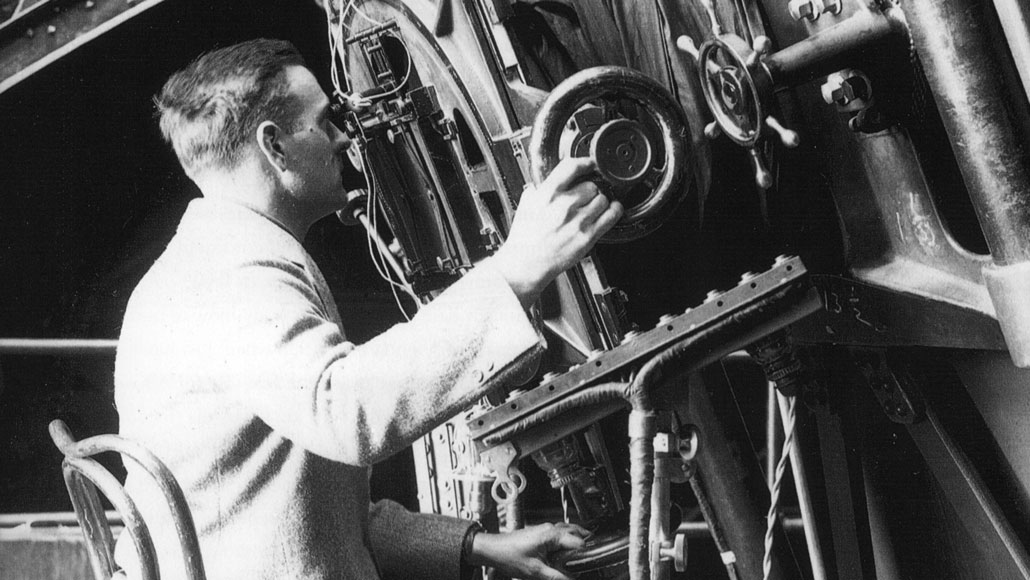
Gender-affirming Care Improves Mental Health for Transgender Youth
Several state legislatures have taken steps to restrict access to gender-affirming health care for transgender adolescents. That goes against medical guidelines.

Everyone Maps Numbers in Space. But Why Don't We All Use the Same Directions?
The debate over whether number lines are innate or learned obscures a more fundamental question: Why do we map numbers to space in the first place?
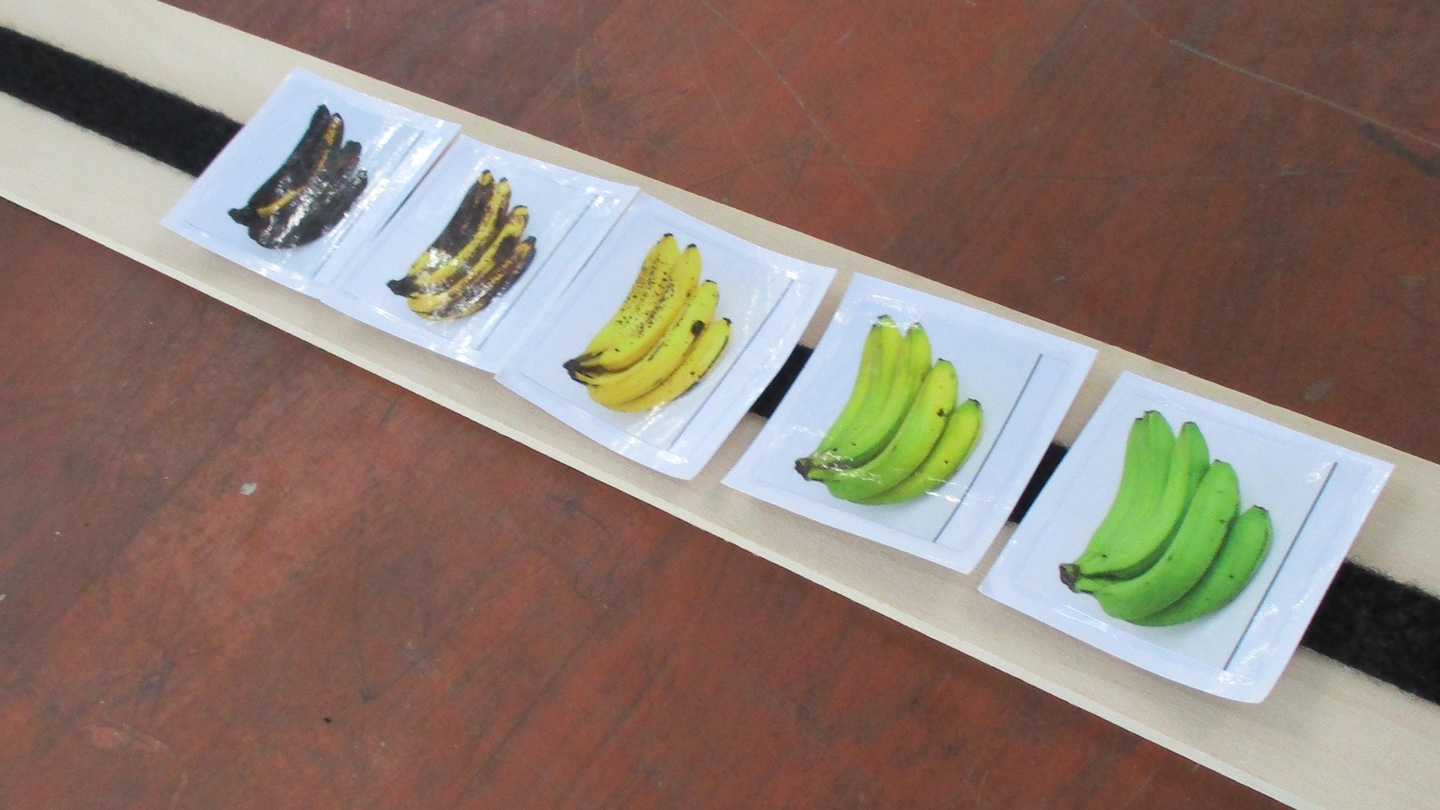
How the Strange Idea of 'statistical Significance' Was Born
A mathematical ritual known as null hypothesis significance testing has led researchers astray since the 1950s.
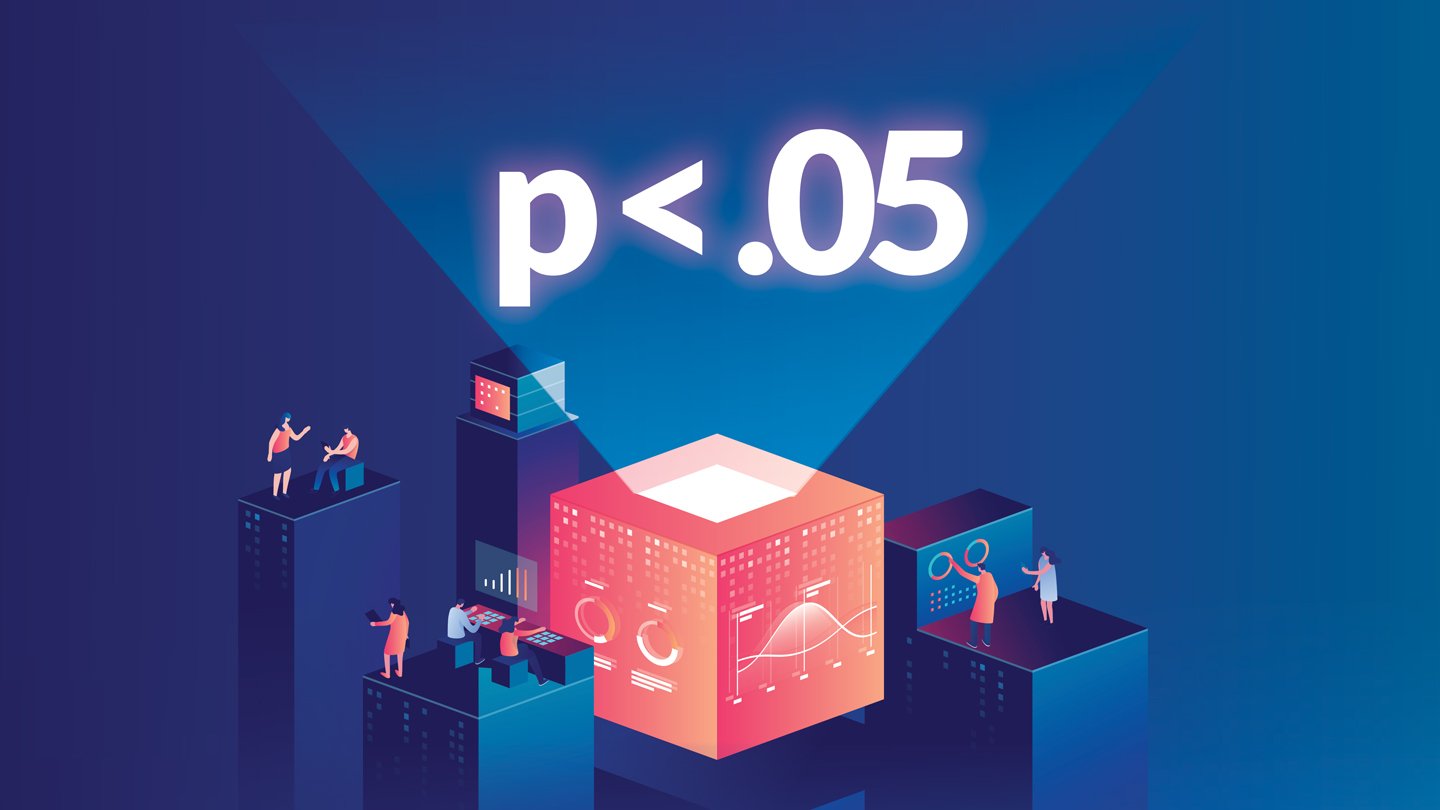
What Science Fiction Got Right and Wrong About the Babies of the Future
A century of science has pushed the boundaries of human reproduction even beyond writers' imaginations.
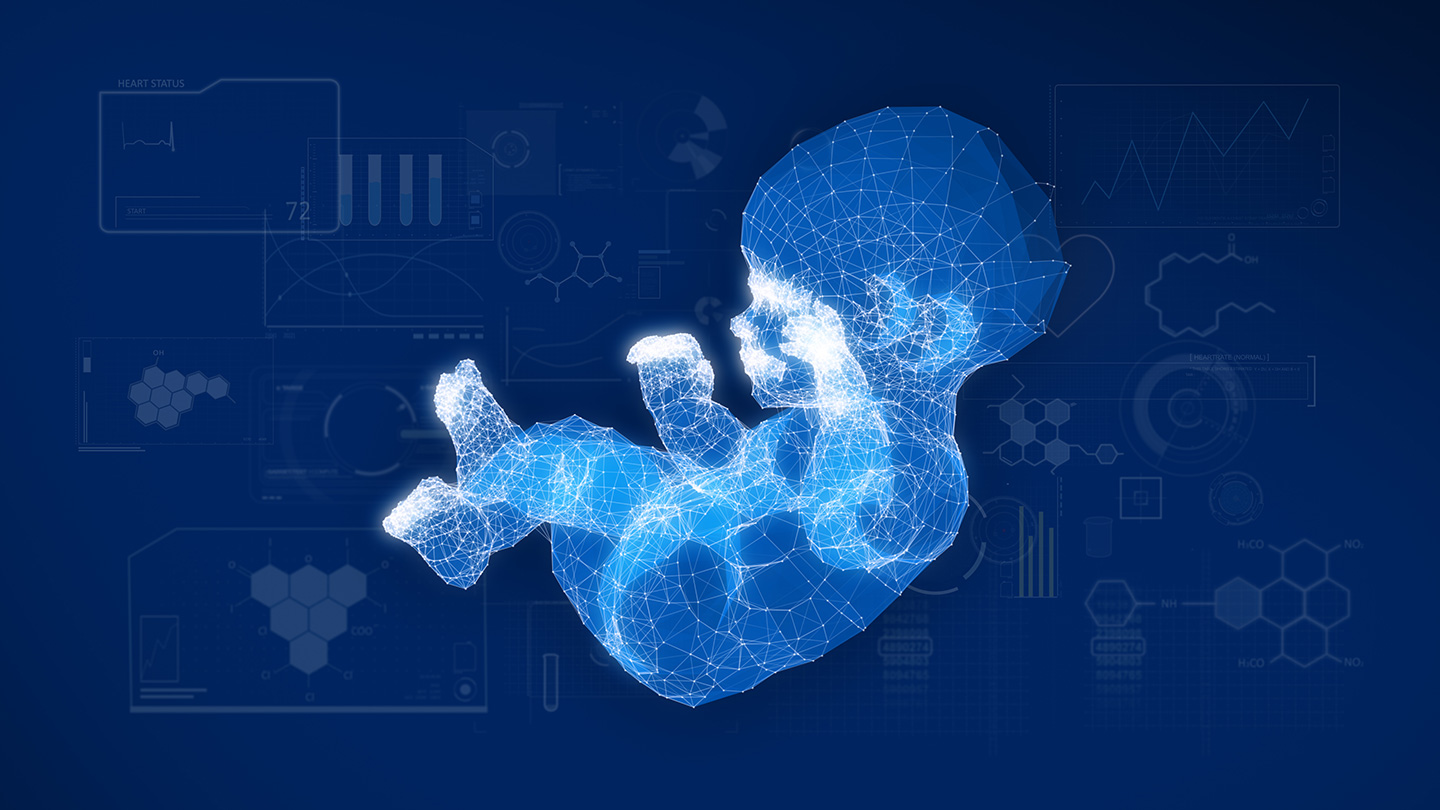
Moral Judgments About an Activity's COVID-19 Risk Can Lead People Astray
People use values and beliefs as a shortcut to determine how risky an activity is during the pandemic. Those biases can lead people astray.

A New Memoir Tells the Life Story of NASA 'hidden Figure' Katherine Johnson
A New Memoir Tells the Life Story of NASA 'hidden Figure' Katherine Johnson
"My Remarkable Journey" gives the backstory of NASA mathematician Katherine Johnson, the central character of the 2016 film "Hidden Figures."
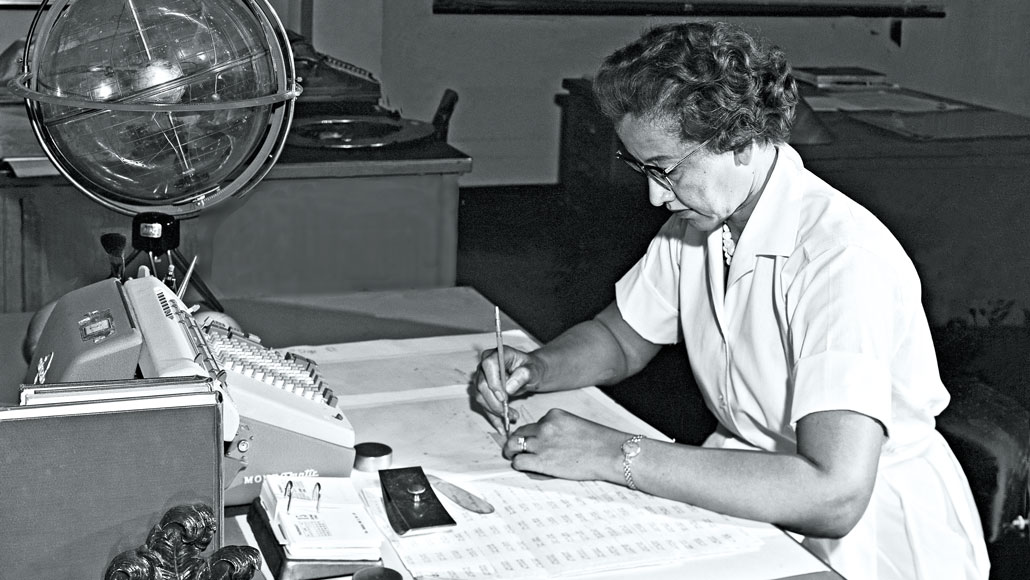
Vaccine Hesitancy is Nothing New. Here's the Damage It's Done over Centuries
Einstein's Letters Illuminate a Mind Grappling with Quantum Mechanics
The latest volume of Einstein's papers covers the infancy of quantum mechanics and new challenges to the theory of relativity.
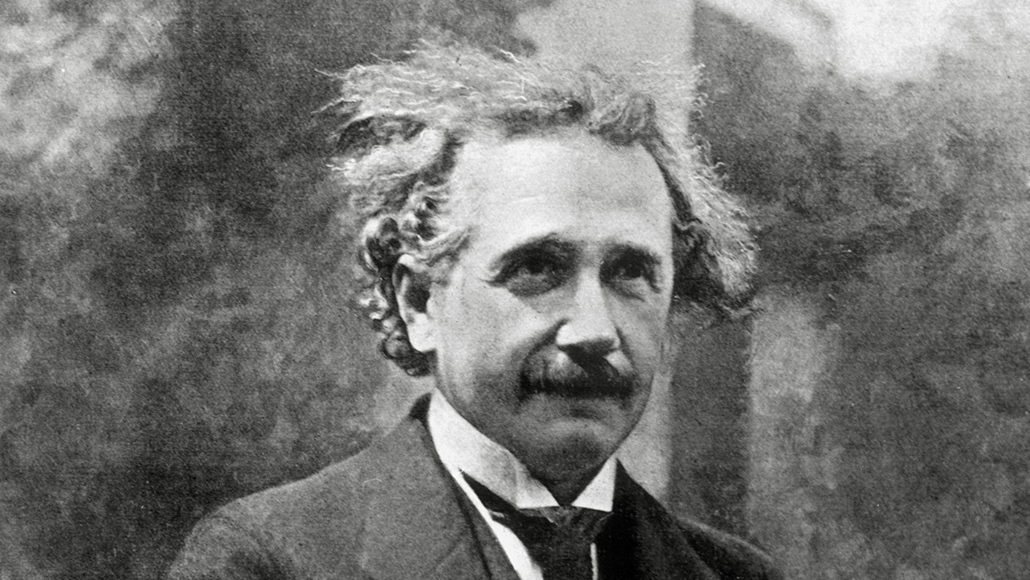
Statisticians Want to Abandon Science's Standard Measure of 'Significance'
For years, scientists have declared P values of less than 0.05 to be "statistically significant." Now statisticians are saying the cutoff needs to go.

Neutrino Discovery Launched a New Type of Astronomy
Particles associated with a blazar kick-start the field of neutrino astronomy.
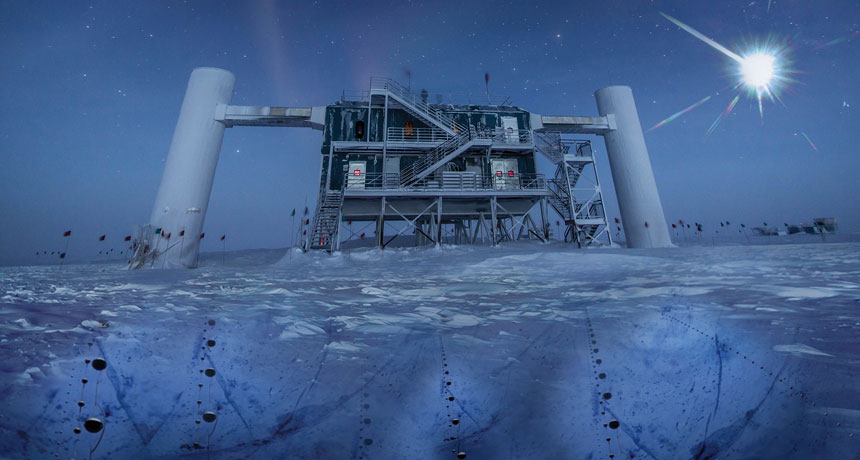
Fighting Sexual Harassment in Science May Mean Changing Science Itself
Whether Psychology Research Is Improving Depends on Whom You Ask
Whether Psychology Research Is Improving Depends on Whom You Ask
Psychologists are pessimistic about the state of their field but want to improve, a survey shows. But are new measures working?

Blame Bad Incentives for Bad Science
Scientists have to publish a constant stream of new results to succeed. But in the process, their success may lead to science’s failure, two new studies warn.

